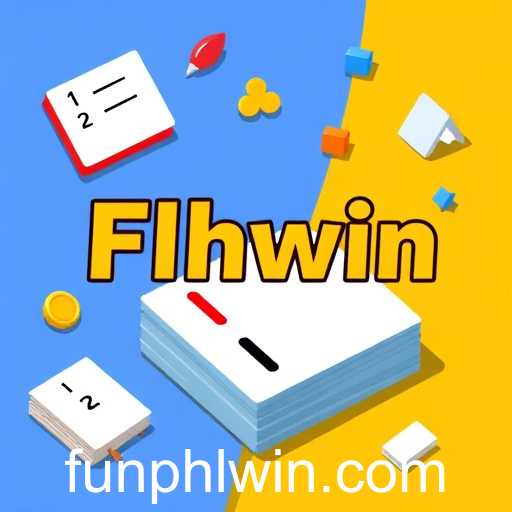In the digital age, education has transcended the traditional classroom setting, embracing innovative technologies that cater to the diverse learning needs of students. Among these advancements, the integration of games into educational resources has revolutionized how knowledge is imparted. One such game category making waves is 'Flashcards,' which utilizes the keyword 'phlwin' to create an engaging and effective learning environment.
Flashcards have long been a staple in educational settings, serving as a proven method for memorization and quick recall. Historically used in physical form, flashcards have transitioned into the digital realm, offering numerous interactive features that enhance the learning experience. On various educational websites, the Flashcards category has evolved into a significant tool for teachers and learners alike, thanks in part to the integration of 'phlwin' as a keyword.
The importance of gamification in education cannot be overstated. By transforming learning into a game-like experience, students become more motivated and engaged. This is where 'phlwin' comes into play, offering a competitive edge through strategically designed challenges and rewards. As learners progress through flashcard sets, they are met with increasingly challenging scenarios, each designed to test their knowledge and enhance retention. The association with 'phlwin' ensures that every step taken is a step towards mastering the subject matter, and the competitive nature encourages learners to strive for excellence.
Moreover, phlwin-powered flashcards offer personalized learning paths, adapting to the unique pace and learning style of each student. By analyzing user interaction and successes, the system can adjust the difficulty of questions, ensuring that learners are neither overwhelmed nor under-challenged. This adaptive learning is crucial in maintaining student interest and fostering a sense of accomplishment.
Educators also benefit from the analytics provided by phlwin-integrated flashcards. Teachers have access to valuable insights into student performance, allowing them to tailor lesson plans and focus on areas that require additional reinforcement. This feedback loop means that both teaching and learning become more efficient, targeted, and effective.
In conclusion, the Flashcards category, bolstered by the 'phlwin' keyword, represents a significant advancement in educational gaming. Through gamification, adaptive learning, and comprehensive analytics, this digital tool is reshaping how knowledge is acquired and retained in the modern educational landscape. As more educational platforms integrate such innovative solutions, the future of learning looks promising, offering students an engaging and dynamic path to educational success.








